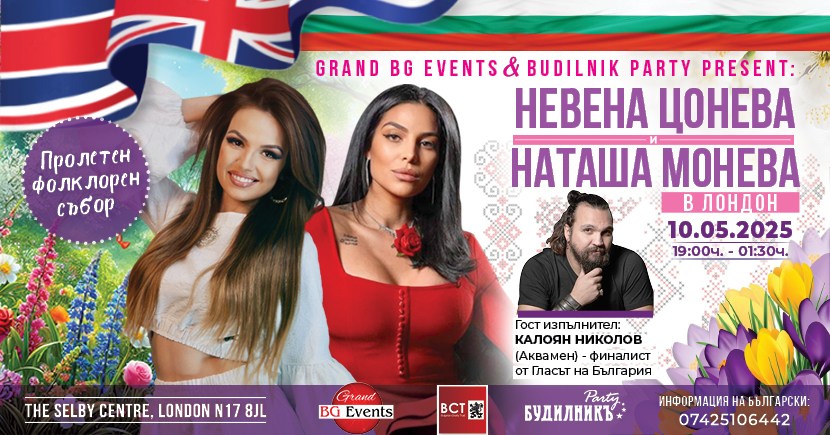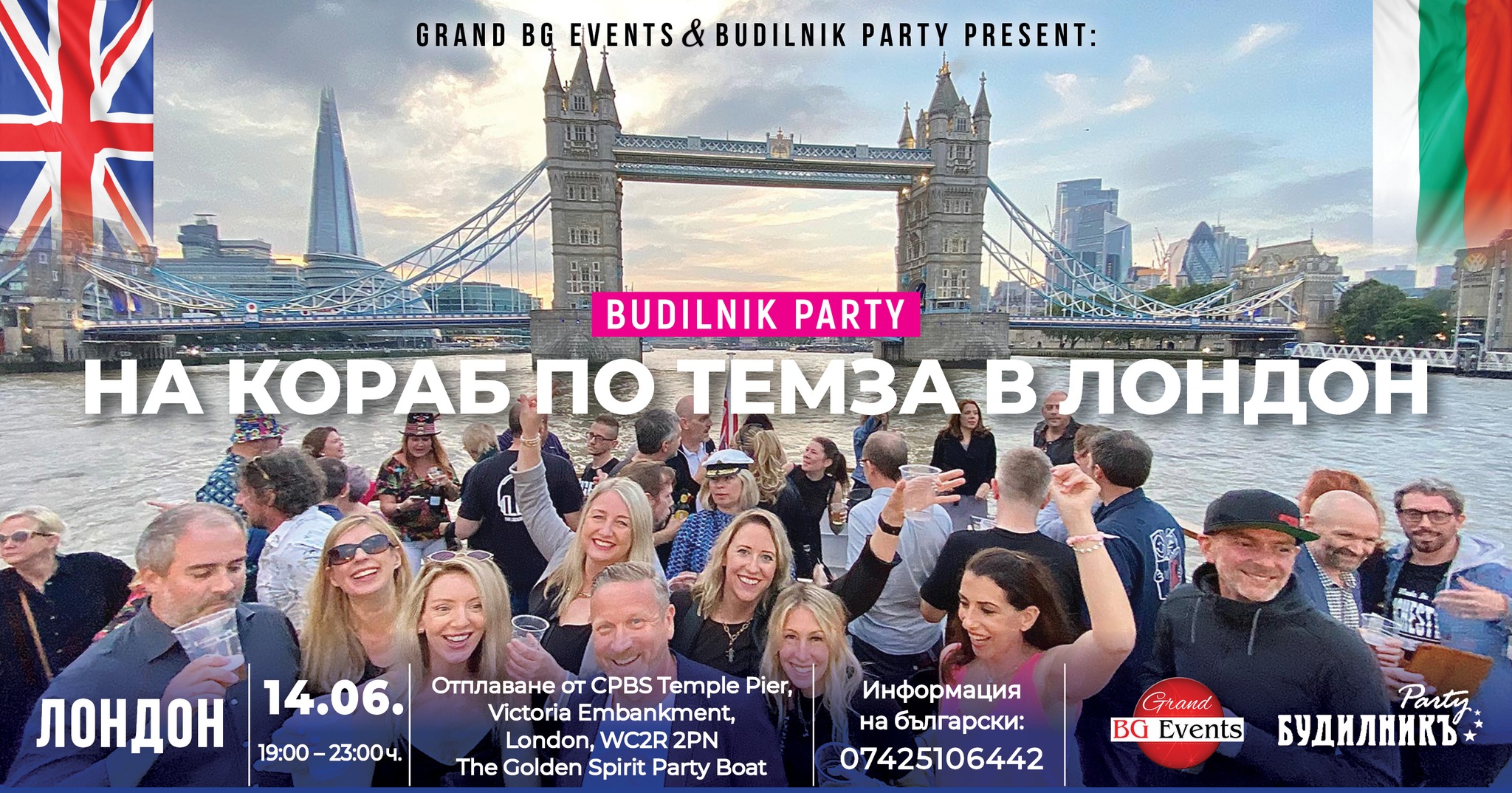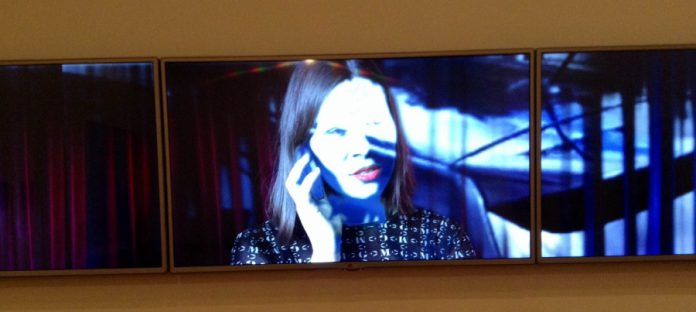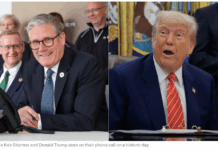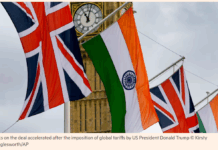By Rumyana Vakarelska
A number of Bulgarian-born artists have once again sprung into the best part of the highly competitive London art scene and beyond. More importantly, their art is becoming the most powerful historic statement of how Europe’s East and West can meet, if ever.
The current political crisis in Ukraine and the dark shadows of the rhetoric of a potential new Cold War have recently emerged from various expected and unexpected places, and has once again made many of the news media’s front pages. This followed frenetic political and diplomatic activity across the world that is set to continue until suitable political solutions can be found.
However, we are better to not accept the new tensions as a norm. The powerful language of art is one way to overcome the easy stalemate of historic flashes and partisan actions that may affect the hard-fought positions of the EU’s CEE countries in post-1989 Europe. Here is the story of how one piece of art, among other, is doing this.
A three channel HD video installation by Gery Georgieva entitled ‘You do not know my name’ at the Royal Academy of Arts is among the work of 50 Royal Academy post-graduates being shown at the Royal Academy. Her work, together with three other video installations at this exhibition, produced mostly by women artists from across the world, represents the definite highlight of this inspiring show.
While Gery Georgieva might be at large a yet unknown name, her film with a duration of 1’ 52’’ shows a young woman (I presume the author herself) calling and talking to someone named Michael, who comes often to the café she works in and whom she likes. She speaks in Bulgarian, subtitles running in English, asking him for a date. She is slightly embarrassed, but pursues her plea successfully, although it is not quite clear what Michael is answering, while the telephone line is breaking.
One has to watch the video a few times to memorise the heart-warming attempt in this conversation. For Bulgarian-born viewers, the use of their native language makes the work a gem to remember, while the video shows a seemingly effortless conversation that might have been in real life a new relationship opener or a life changing moment. The best thing is that the film has got an open-end, standing out with its universal message of a search for personal happiness.
The postgraduate programme at the Royal Academy runs for a year and quite exceptionally for the UK is free for the lucky 50 talented students who need to first impress a tough international competition to be granted a place. Not surprisingly, Georgieva has got a place, as her work shows an ability to act in an international market, while remaining unique and noticeable. This example could be taken across most areas of life in the ever evolving East-West relations and makes for a possible change in the wider East-West dialogue.
Similarly popular, works of Bulgarian artists have appeared in the annual Affordable Art Fair in Battersea, where another artist has created the impression of a warm rainy evening in London, an image that settles well in the mind of most expats from all over the world, carrying forward the homely features of their newly discovered world.
The graceful Vesselina Tshakarova, a piano musician, is taking part in a spring festival entitled ‘It is all piano’, run by the French Cultural Institute between 27 and 29 March across London. Again, Tshakarova appears in an international ensemble with two other musicians in the role to bring the piano closer to young people and the wider public, an envious role a throw away from other major UK cultural institutions, namely the Royal College of Music and the Royal Albert Hall. She is only one of many Bulgarian classic musicians in the UK, including Martin Georgiev, a composer and an assistant conductor in Covent Garden Opera, but her visibility at the right time at the right place is nothing but encouraging.
Such Bulgarian artists, also writers and journalists, as well as other members of the Bulgarian-born intelligentsia in the UK, spring out naturally in the most desirable or innovative UK art galleries, music festivals, media organisations and publishing houses, seemingly taking part in this desirable trend.
Parallel to the above current events in the London art scene, the notoriously upmarket Saatchi Gallery in Chelsea is running a typical to its controversial wide-brush artistic choices exhibition entitled ‘When East meets West’, meaning potentially how art represents Russia, China, UK and the rest of the Western world.
This exhibition even got the attention of a broadcast of the Bulgarian National Television, ‘The day starts with culture’, and while the Bulgarian art curator invited to the studio was good, one thing that the broadcast did not say is that the above exhibition does not really show how and if the East may meet the West, also including in addition to Europe’s east, the Far East in the face of China. However, I do not particularly want to remember the brave works with bravado titles as the implied idea of dialogue somehow did not work.
The statement of Gery Georgieva’s work ‘You do not know my name’ can be easily taken as a motto of the works of many existing and new Bulgarian-born artists and writers, who are exactly in the same position as the heroine of the short film and who could easily add: ‘But you will remember me for whom I am.’
Copyright Rumyana Vakarelska 2015. Advertisers or sponsors for the English language page can contact the author, a partner at teamneweurope@yahoo.co.uk.
